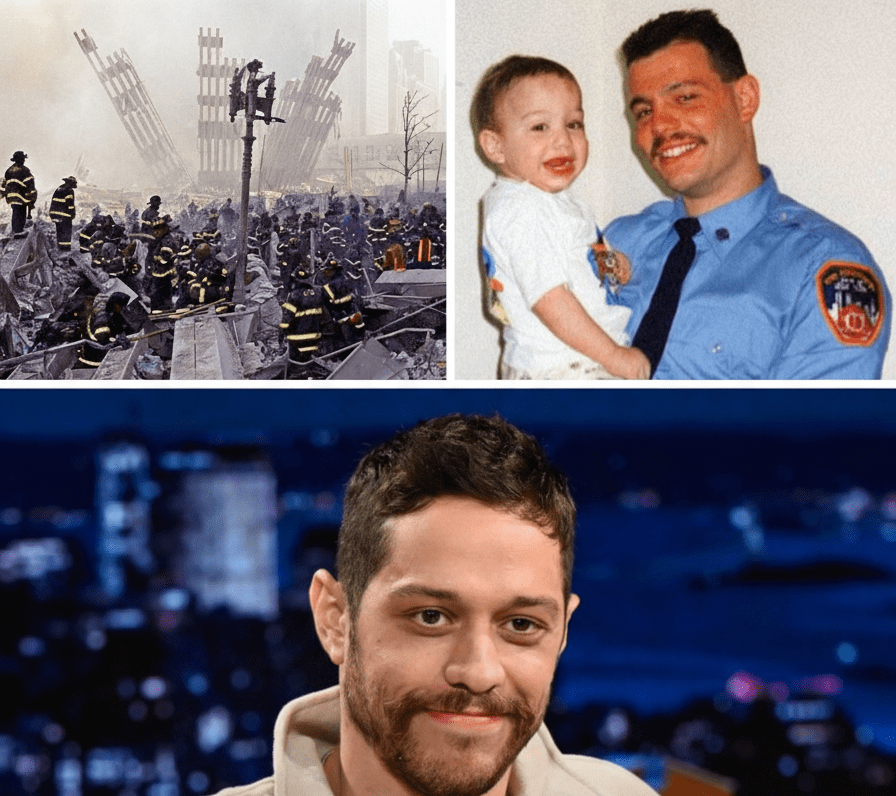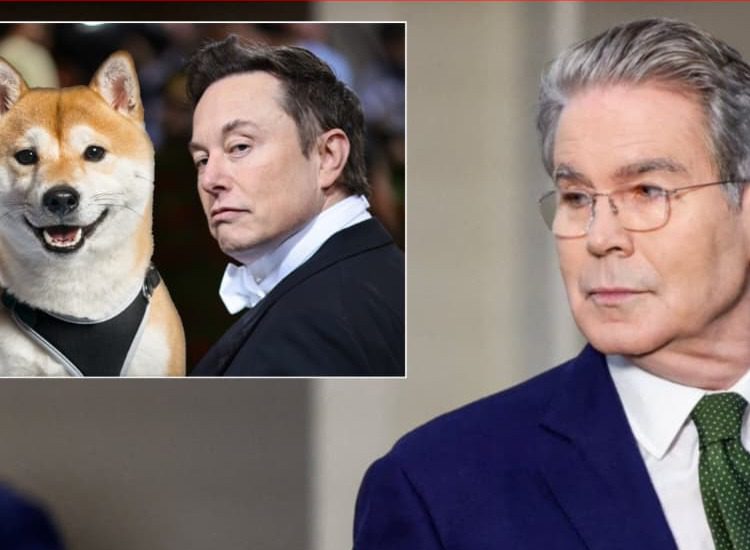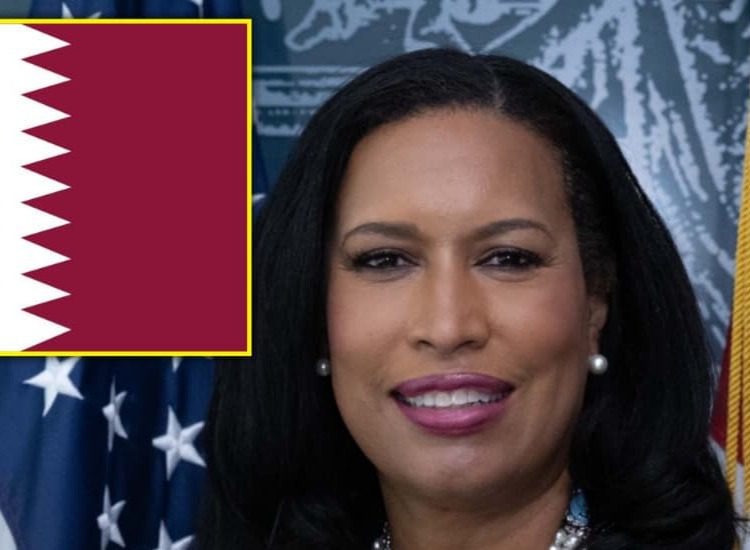Pete Davidson stands by his Saudi Arabia comedy show even after losing his firefighter father in the 9/11 attacks
Pete Davidson has never been a stranger to controversy, but his latest decision has stirred emotions far beyond the world of comedy. The comedian, whose father Scott Davidson was a New York City firefighter killed in the September 11 attacks, is standing by his choice to perform at the Riyadh Comedy Festival in Saudi Arabia — a move that many have found difficult to understand.
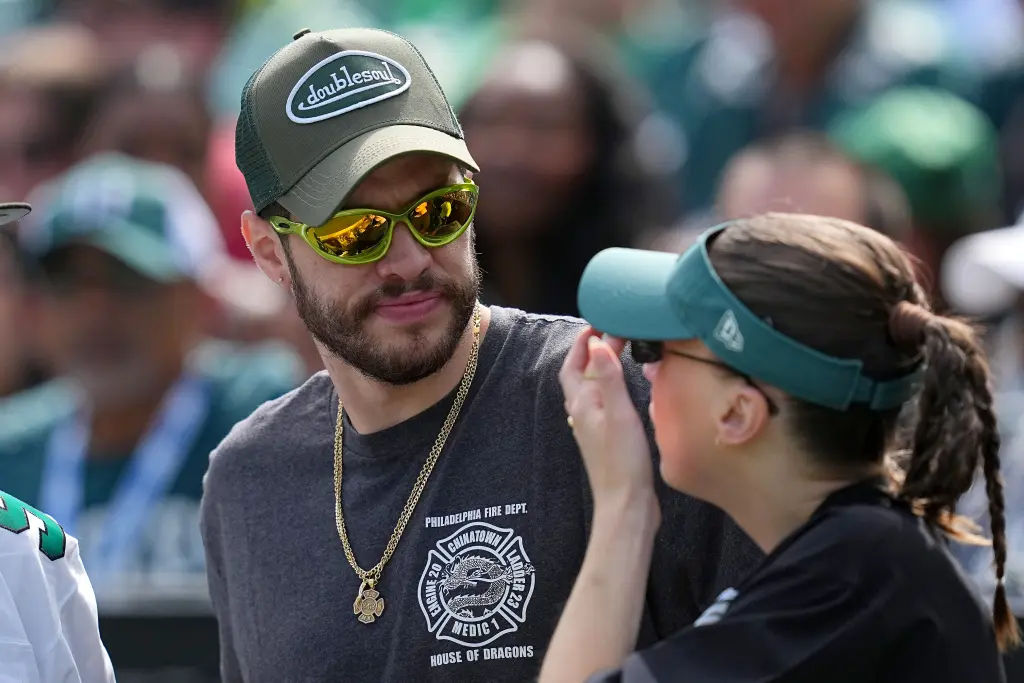
For most of his life, Pete has been open about how deeply the loss of his father shaped him. He was just seven years old when his dad, an FDNY hero, rushed into the World Trade Center and never came home. That tragedy has been the foundation of both his pain and his humor. It’s something he has spoken about often, even weaving it into his stand-up and into his semi-autobiographical film The King of Staten Island. To him, comedy has always been the only way to survive grief that never truly ends.

When news broke that he would be performing in Saudi Arabia, it immediately sparked backlash online. Critics questioned how a man whose father died on 9/11 could perform in a country linked to that day, since most of the hijackers were Saudi nationals. Others accused him of helping “whitewash” a regime with a troubling record on human rights. To some, it looked like betrayal. To others, a complicated but understandable choice.

Pete, however, hasn’t shied away from the criticism. Speaking recently on a podcast, he admitted that people have been giving him a hard time — especially because of his family’s connection to 9/11 — but he made it clear that he’s not apologizing. He said he understood the outrage, but also pointed out that he’s just trying to work, like any other performer. He called the opportunity a professional gig, not a political statement. And in typical Pete Davidson fashion, he met the tension with an uncomfortable mix of honesty and humor.
Some fellow comedians, like Marc Maron and David Cross, publicly mocked or condemned the event, calling it tone-deaf and morally wrong. Others, however, quietly admitted that Pete’s situation is more personal and painful than anyone else’s. It’s one thing to boycott for moral reasons — another when the moral wound runs through your own life story.

What stands out most is how Pete continues to deal with grief his own way. He’s never pretended to be perfect or politically polished. His humor often walks the line between raw pain and resilience. Maybe this trip to Saudi Arabia isn’t about forgiveness or politics at all. Maybe it’s about taking control of his own story, about proving that tragedy doesn’t get to define every decision he makes.
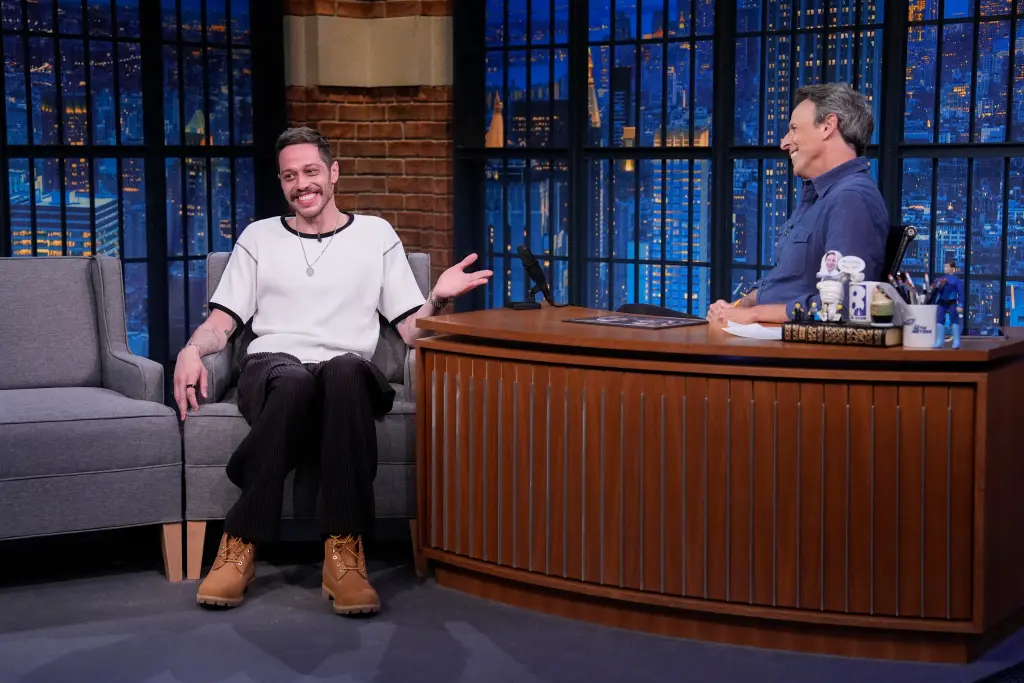
For Pete, laughter has always been rebellion. He grew up in the shadow of a national tragedy, turned it into art, and built a career out of transforming darkness into something human. Performing in Riyadh might not make sense to everyone — maybe it’s not even meant to. But it’s clear that Pete Davidson is a man who faces the hardest things by standing on stage and talking about them out loud.
In a way, his decision reflects what grief often becomes: messy, uncomfortable, and deeply personal. It doesn’t follow public rules or satisfy headlines. It’s simply a person trying to keep living, even when the past keeps knocking at the door.
